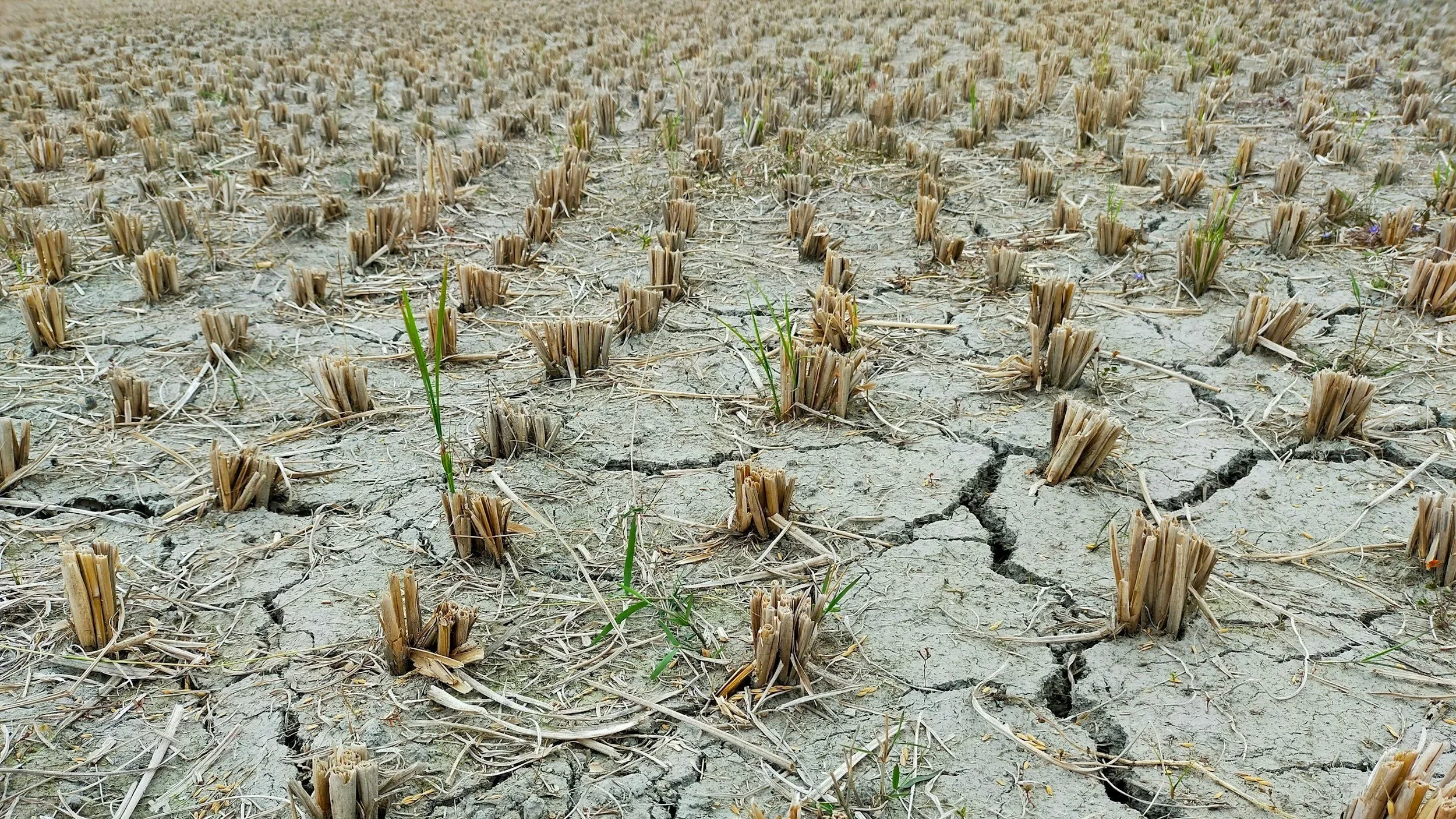
Genesis 43:1-13
This was, indeed, a severe trial, that holy Jacob, of whom God had engaged to take care, should almost perish, with his family, through hunger, and that the land of which he was constituted the lord, in order that he might there happily enjoy the abundance of all things, should even deny him bread as a stranger. For he might seriously doubt what was the meaning of that remarkable promise, “I am God Almighty, grow and multiply: I will bless thee.” It is profitable for us to know these conflicts of the holy fathers, that, fighting with the same arms with which they conquered, we also may stand invincible, although God should withhold present help.

Genesis 41:8-13
Then spake the chief butler. Although the Lord took pity on Egypt, yet he did it not for the sake of the king, or of the country, but that Joseph might, at length, be brought out of prison; and further, that, in the time of famine, food might be supplied to the Church: for although the produce was stored with no design beyond that of providing for the kingdom of Egypt; yet God chiefly cared for his Church, which he esteemed more highly than ten worlds. Therefore the butler, who had resolved to be silent respecting Joseph, is constrained to speak for the liberation of the holy man.
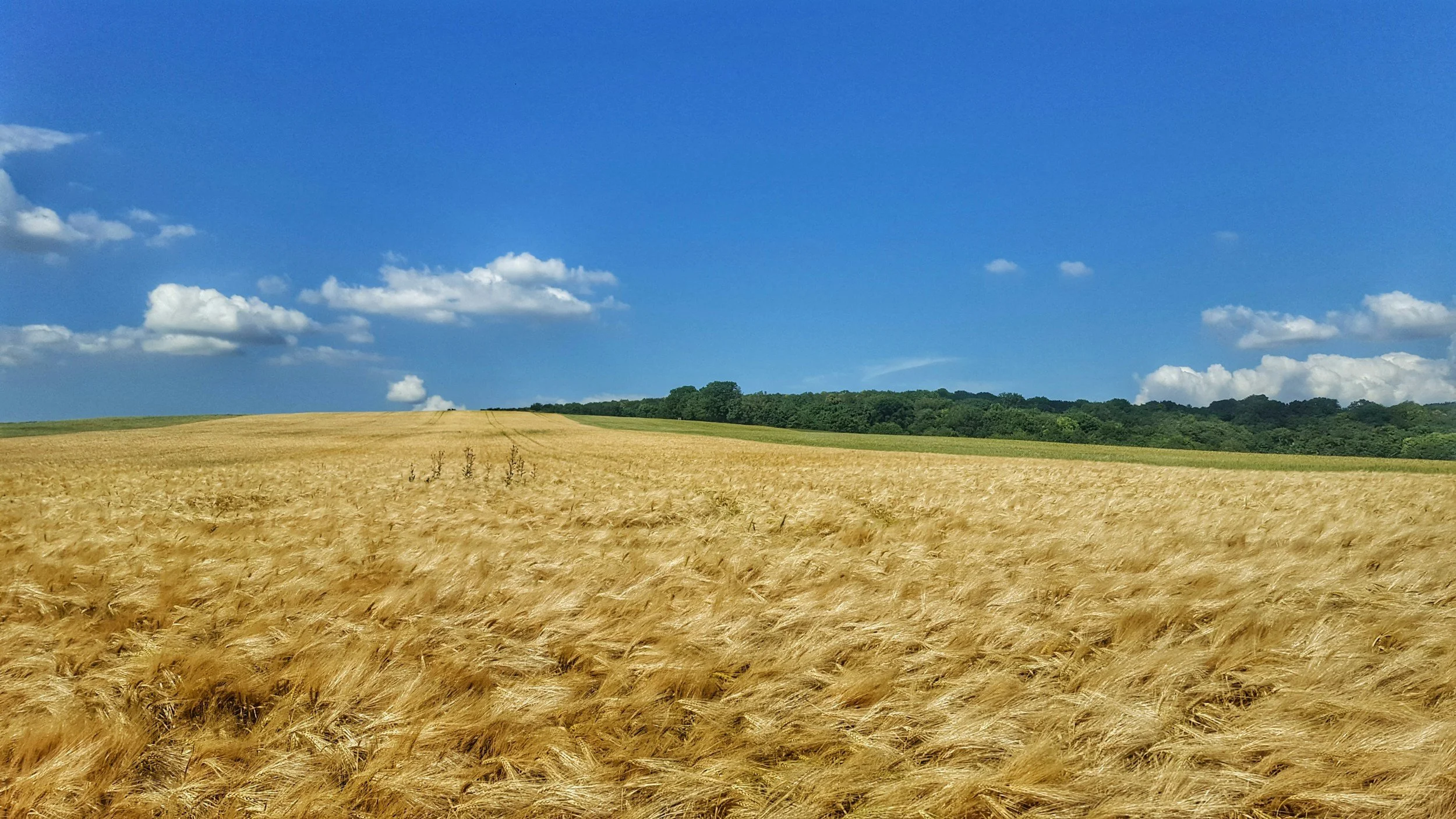
Genesis 41:53-57
Go unto Joseph. It is by no means unusual for kings, while their subjects are oppressed by extreme sufferings, to give themselves up to pleasures. But Moses here means something else; for Pharaoh does not exonerate himself from the trouble of distributing corn, because he wishes to enjoy a repose free from all inconvenience; but because he has such confidence in holy Joseph, that he willingly leaves all things to him, and does not allow him to be disturbed in the discharge of the office which he had undertaken.
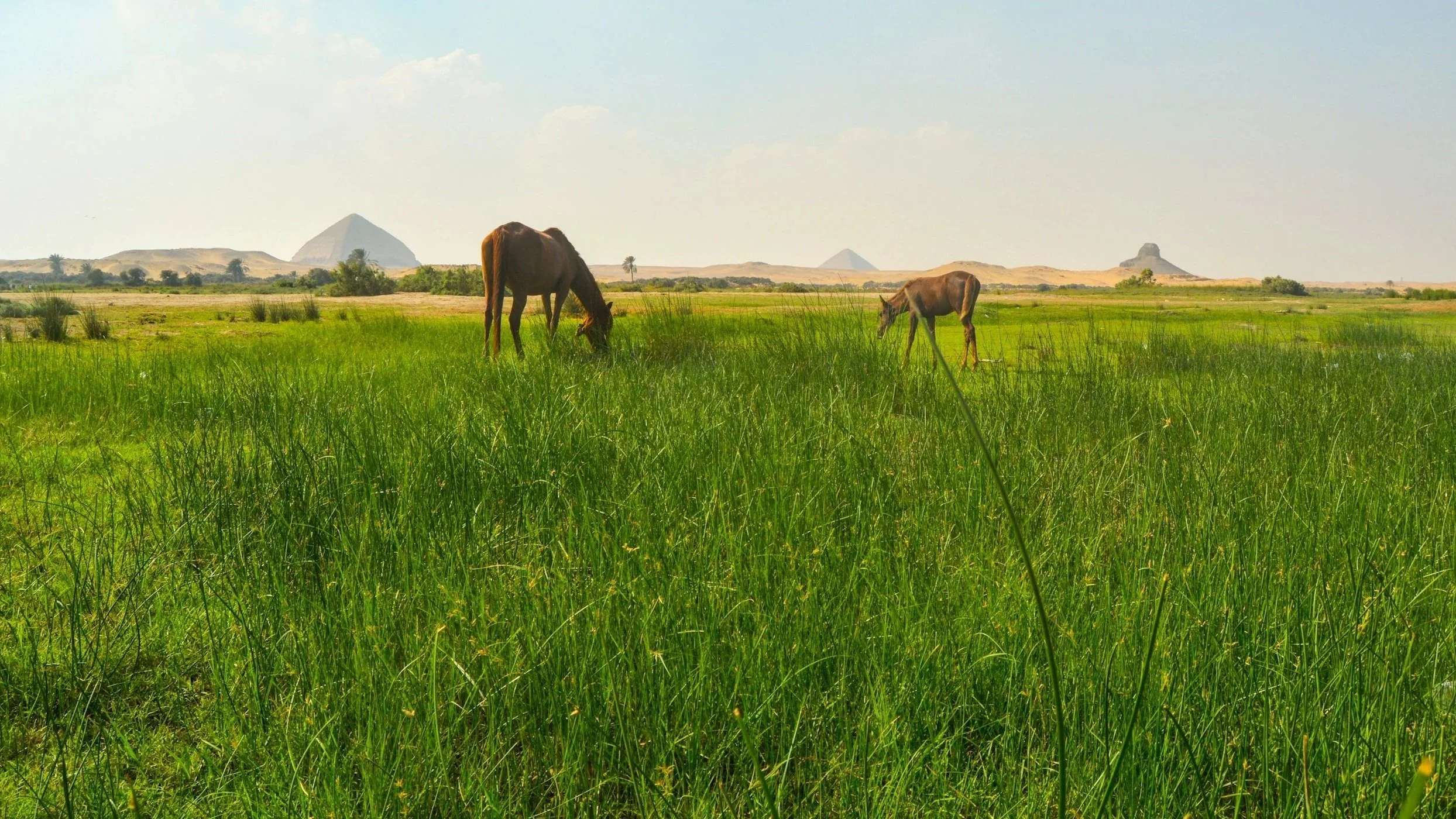
Genesis 46:31-34
For, had they been mingled with the Egyptians, they might have been scattered far and wide; but now, seeing that they are objects of detestation, and are thought unworthy to be admitted to common society, they learn, in this state of separation from others, to cherish more fervently mutual union between themselves; and thus the body of the Church, which God had set apart from the whole world, is not dispersed. So the Lord often permits us to be despised or rejected by the world, that being liberated and cleansed from its pollution, we may cultivate holiness. Finally, he does not suffer us to be bound by chains to the earth, in order that we may be borne upward to heaven.

Genesis 41:32-37
In short, because luxury generally prevails in prosperity, and wastes the blessings of God, the bridle of authority was necessary. This is the reason why Joseph directed that garners should be established under the power of the king, and that corn should be gathered into them. He concludes at length, that the dream was useful, although at first sight, it would seem sad and inauspicious: because, immediately after the wound had been shown, the means of cure were suggested.

Genesis 41:1-7
That another dream succeeded to the former, arose from two causes; for God both designed to rouse the mind of Pharaoh to more diligent inquiry, and to add more light to a vision which was obscure. In short, he follows the same course in this dream which he does in his daily method of procedure; for he repeats a second time what he has before delivered, and sometimes inculcates still more frequently, not only that the doctrine may penetrate more deeply into men’s hearts, and thus affect them the more; but also that he may render it more familiar to their minds.
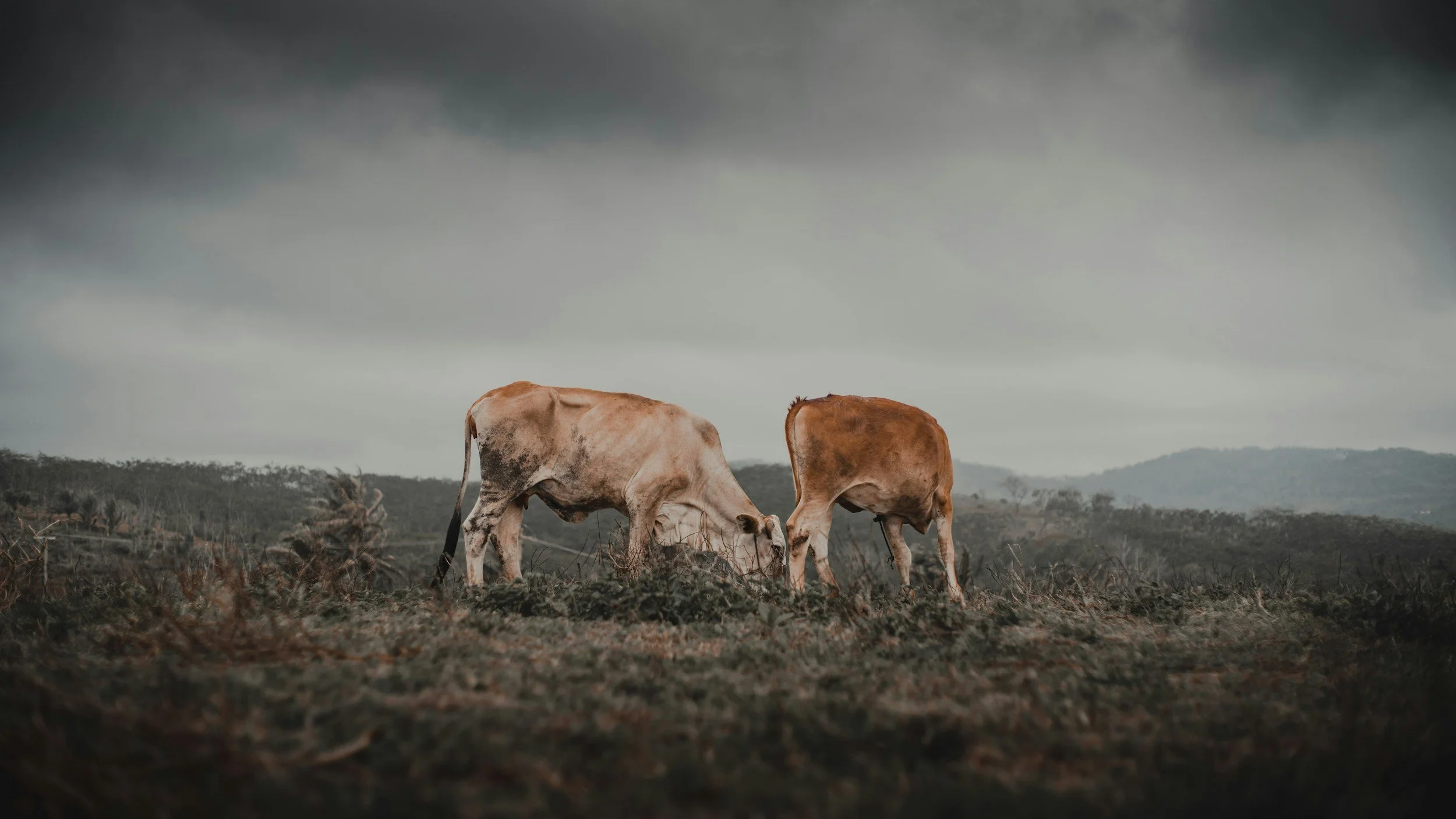
Genesis 41:14-31
And this passage is the more worthy of observation; because, in all ages, many foolish persons have endeavoured to rob God of half his glory, and now (as I have said) the same figment pleases many philosophers; because they think it absurd to ascribe to God whatever is done in the world: as if truly the Scripture had in vain declared, that his “judgments are a great deep.” (Ps. 36:7) But while they would subject the works of God to the judgment of their own brain, having rejected his word, they prefer giving credit to Plato respecting celestial mysteries. “That God,” they say, “has foreknowledge of all things, does not involve the necessity of their occurrence:” as if, indeed, we asserted, that bare prescience was the cause of things, instead of maintaining the connection established by Moses, that God foreknows things that are future, because he had determined to do them; but they ignorantly and perversely separate the providence of God from his eternal counsel, and his continual operation. Above all things, it is right to be fully persuaded that, whenever the earth is barren, whether frost, or drought, or hail, or any other thing, may be the cause of it, the whole result is directed by the counsel of God.

Genesis 41:46-49
And Moses, in a few words, praises his incredible prudence, in having quickly found out the best method of preserving the corn. For it was an arduous task to erect storehouses in every city, which should contain the entire produce of one year, and a fifth part more. This arrangement was also not less a proof of sagacity, in providing that the inhabitants of any given region should not have to seek food at a distance. Immediately afterwards his integrity is mentioned, which was equally deserving of praise; because in the immense accumulation which was made, he abstained from all self-indulgence, just as if some humble office only, had been assigned to him.

Genesis 9:20
“And Noah began to be an husbandman.” I do not so explain the words, as if he then, for the first time, began to give his attention to the cultivation of the fields; but, (in my opinion,) Moses rather intimates, that Noah, with a collected mind, though now an old man, returned to the culture of the fields, and to his former labours. It is, however, uncertain whether he had been a vine-dresser or not.

Genesis 12:10
“And there was a famine in the land.” A much more severe temptation is now recorded, by which the faith of Abram is tried to the quick. For he is not only led around through various windings of the country, but is driven into exile, from the land which God had given to him and to his posterity. It is to be observed, that Chaldea was exceedingly fertile; having been, from this cause, accustomed to opulence, he came to Charran, where, it is conjectured, he lived commodiously enough, since it is clear he had an increase of servants and of wealth. But now being expelled by hunger from that land, where, in reliance on the word of God, he had promised himself a happy life, supplied with all abundance of good things, what must have been his thoughts, had he not been well fortified against the devices of Satan? His faith would have been overturned a hundred times. And we know, that whenever our expectation is frustrated, and things do not succeed according to our wishes, our flesh soon harps on this string, “God has deceived thee.”

Genesis 9:3
“Every moving thing that liveth shall be meat for you.” The Lord proceeds further, and grants animals for food to men, that they may eat their flesh. And because Moses now first relates that this right was given to men, nearly all commentators infer, that it was not lawful for man to eat flesh before the deluge, but that the natural fruits of the earth were his only food. But the argument is not sufficiently firm. For I hold to this principle; that God here does not bestow on men more than he had previously given, but only restores what had been taken away, that they might again enter on the possession of those good things from which they had been excluded.

Haggai 2:15-19
Then he adds, before ye began, he says, to build the Temple, was it not that every one who came to a heap of twenty measures found only ten? that is, was it not, that when the husbandmen expected that there would be twenty measures in the storehouse or on the floor, they were disappointed? because God had dried up the ears, so they yielded not what they used to do; for husbandmen, by long experience, can easily conjecture what they may expect when they see the gathered harvest; but this prospect had disappointed the husbandmen. God, then, had in this case given proofs of his curse. Farther, when any one came to the vat, and expected a large vintage, had he not also been disappointed? for instead of fifty casks he found only twenty.
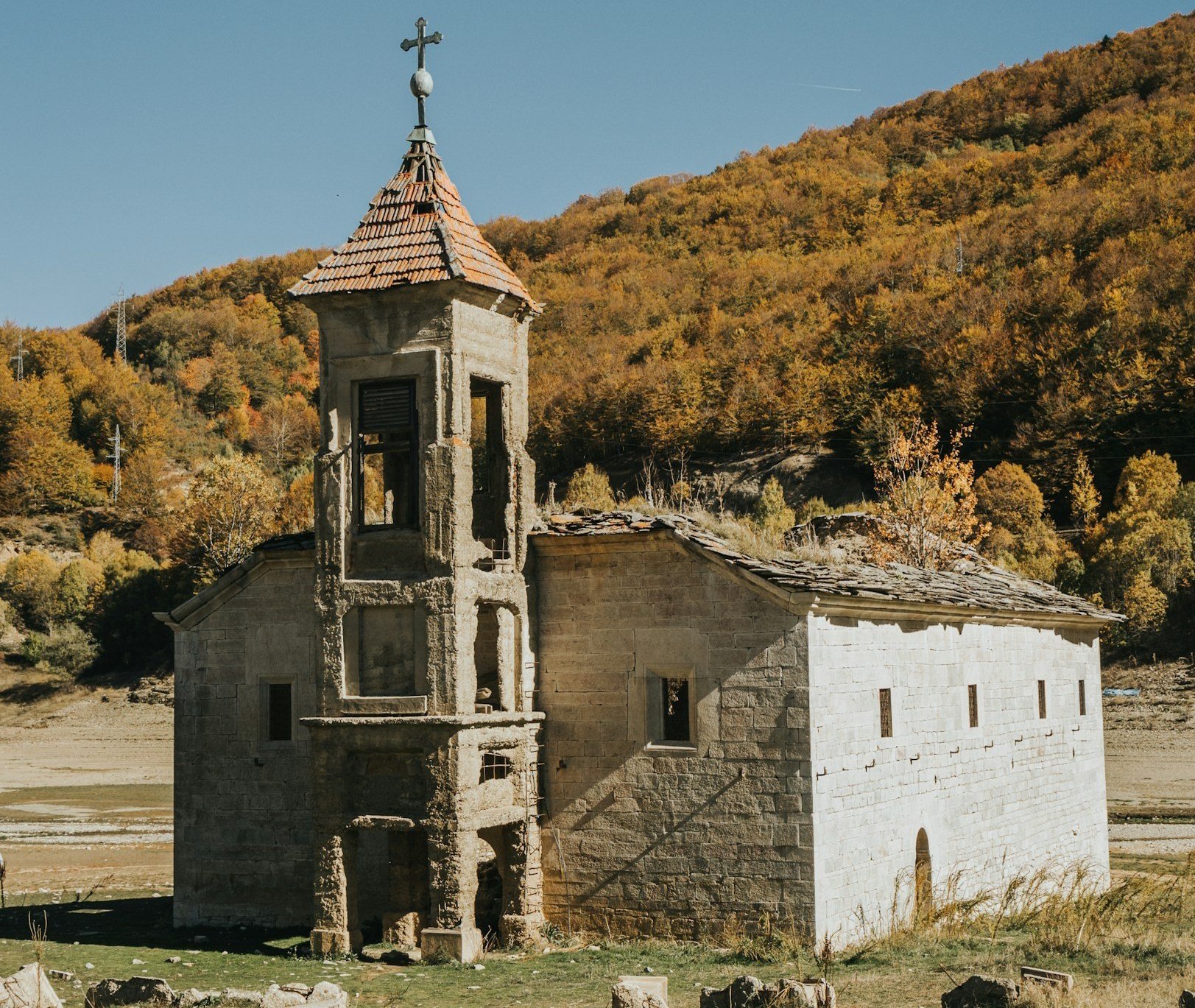
Haggai 1:5-6
Here the Prophet deals with the refractory people according to what their character required; for as to those who are teachable and obedient, a word is enough for them; but they who are perversely addicted to their sins must be more sharply urged, as the Prophet does here; for he brings before the Jews the punishments by which they had been already visited. It is commonly said, that experience is the teacher of fools; and the Prophet has this in view in these words, apply your hearts to your ways;* that is, “If the authority of God or a regard for him is of no importance among you, at least consider how God deals with you. How comes it that ye are famished, that both heaven and earth deny food to you? Besides, though ye consume much food, it yet does not satisfy you. In a word, how is it that all things fade away and vanish in your hands? How is this? Ye cannot otherwise account for it, but that God is displeased with you.

Malachi 3:11
God therefore, in order to set forth his kindness to men, enumerates here the ways and the means by which food is preserved; for it would not be enough that the seed should germinate, and that there should appear evidences of a great produce, the ears being fine and abundant, but it is necessary that the ears of corn themselves, before they become ripe, should be preserved from above; for on the one hand the chafers, the locusts, the worms, and other grubs, may suddenly creep in and devour the corn while in the field, and on the other hand, storms, and hail, and mildew, and other pestilential things, as I have said, may prove ruinous to the corn.

Genesis 36:24
This was that Anah that found the mules. Mules are the adulterous offspring of the horse and the ass. Moses says that Anah was the author of this connection. But I do not consider this as said in praise of his industry; for the Lord has not in vain distinguished the different kinds of animals form the beginning.

Genesis 13:1-2
“And Abram went up out of Egypt.” In the commensement of the chapter, Moses commemorates the goodness of God in protecting Abram; whence it came to pass, that he not only returned in safety, but took with him great wealth. This circumstance is also to be noticed, that when he was leaving Egypt, abounding in cattle and treasures, he was allowed to pursue his journey in peace; for it is surprising that the Egyptians would suffer what Abram had acquired among them, to be transferred elsewhere. Moses next shows, that riches proved no sufficient obstacle to prevent Abram from having respect continually to his proposed end, and from moving towards it with unremitting pace.

Zephaniah 2:6-7
The Prophet confirms what he has before said respecting the future vengeance of God, which was now nigh at hand to the Moabites and other neighbouring nations, who had been continually harassing the miserable Jews. Hence, he says, that the whole region would become the habitation of sheep. It is a well known event, that when any country is without inhabitants shepherds occupy it; for there is no sowing nor reaping there, but grass alone grows. Where therefore, there is no cultivation, where no number of men are found, there shepherds find a place for their flocks, there they build sheepcots. It is, therefore, the same as though the Prophet had said, that the country would be desolate, as we find it expressed in the next verse.

Genesis 9:13-17
“I do set my bow in the cloud.” From these words certain eminent theologians have been induced to deny, that there was any rainbow before the deluge: which is frivolous. For the words of Moses do not signify, that a bow was then formed, which did not previously exist; but that a mark was engraven upon it, which should give a sign of the divine favour towards men. That this may the more evidently appear, it will be well to recall to memory what we have elsewhere said, that some signs are natural, and some preternatural.

Genesis 30:33-36
For he declares that he hoped for a testimony of his faith and uprightness from the Lord, in the happy result of his labours, as if he had said, “The Lord who is the best judge and vindicator of my righteousness, will indeed show with what sincerity and faithfulness I have hitherto conducted myself.” And though the Lord often permits sinners to be enriched by wicked arts, and suffers them to acquire abundant gain by seizing the goods of others as their own: this proves no exception to the rule, that this blessing is the ordinary attendant on good faith and equity. Wherefore, Jacob justly gave this token of his fidelity, that he committed the success of his labours to the Lord, in order that his integrity might hence be made manifest.

Genesis 30:37-43
And Jacob took him rods of green poplar. The narration of Moses, at first sight, may seem absurd: for he either intends to censure holy Jacob as guilty of fraud, or to praise his industry. But from the context it will appear that this adroitness was not culpable. Let us then see how it is to be excused. Should any one contend that he was impelled to act as he did, by the numerous injuries of his father-in-law, and that he sought nothing but the reparation of former losses; the defence would perhaps be plausible: yet in the sight of God it is neither firm nor probable; for although we may be unjustly treated, we must not enter the contest with equal injustice. And were it permitted to avenge our own injuries, or to repair our own wrongs, there would be no place for legal judgments, and thence would arise horrible confusion.